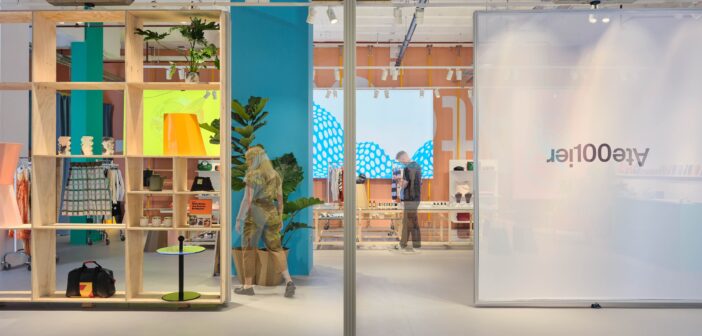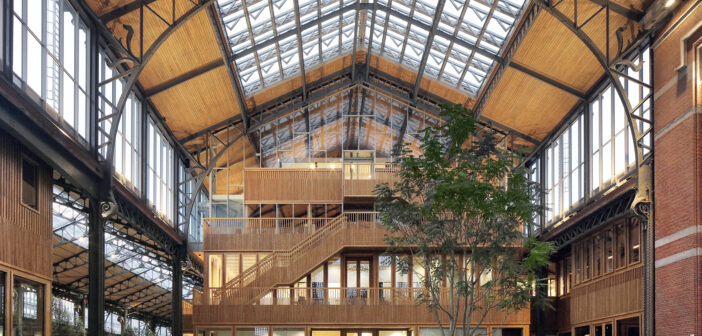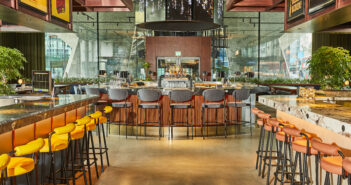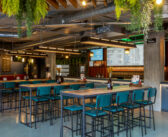
Our fifth annual showcase of senior female leaders includes those who are having a profound impact on the physical retail…

THE FUTURE of EntreCampos, the landmark project in the Portuguese capital Lisbon, is to be officially presented to the public…

INGKA Centres, the sister real estate business to IKEA, is in Cannes meeting partners and brands as it expands its…

SHOPPING centre landlords need to be aware of both the opportunities and the challenges associated with creating events and promotional…

GLOBAL real estate company Colliers, together with asset managers Praemia, have launched its Spazio Quadrilatero project at MAPIC. A development…
Female boardroom representation continues to develop within the major retail and retail property groups, although Europe continues to lag North…
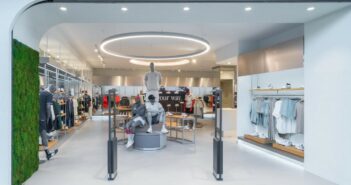
MAPIC: Tell us a little about New Balance Mathilde Rouvel: New Balance is a private company established in 1906 in…
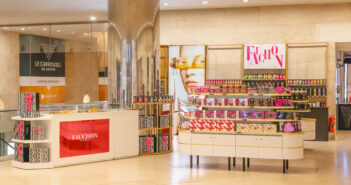
MAPIC: Tell us a little about Fauchon Sandrine Girault: Founded by Auguste Fauchon in Paris in 1886, Fauchon crafts transformative…
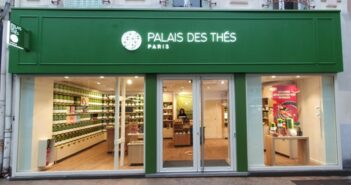
MAPIC: Tell us a little about Palais des Thés Dounia Ougazzaden: Palais des Thés is a 30-year-old Parisian premium retail…

Retail and retail real estate have embraced huge amounts of technology in recent years, from frictionless payment to predictive supply…

MAPIC: Tell us a little about Lane7 Tim Wilks: In 2013 I stumbled across a really cool looking bowling alley…

MAPIC: Tell us a little about Carrefour Dan Ohnona: Operating an extensive multi‑format and omni‑channel network, Carrefour is one of…
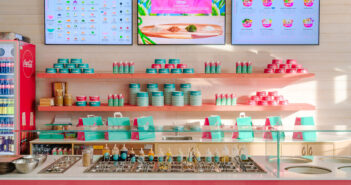
MAPIC : Parlez-nous un peu de I Love Poke Michael Lewis et Rana Edwards : I Love Poke est un…
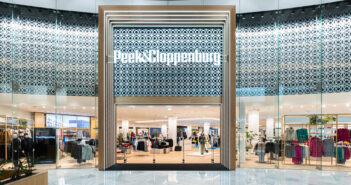
MAPIC: Tell us a little about Peek & Cloppenburg Fabien Stutz: The Peek & Cloppenburg Group, with its headquarters in…
![[NEW] MAPIC interview: In conversation with Tobias Karlsson, Global Real Estate Director, KIKO Milano](https://www.beyondretailindustry.com/wp-content/uploads/2024/05/MicrosoftTeams-image-44-5-351x185.jpg)
MAPIC: Tell us a little about KIKO Tobias Karlsson: KIKO Milano was founded in 1997 in Milan and since then…

![[NEW] MAPIC interview: In conversation with Tobias Karlsson, Global Real Estate Director, KIKO Milano](https://www.beyondretailindustry.com/wp-content/uploads/2024/05/MicrosoftTeams-image-44-5-702x336.jpg)
![[NEW] MAPIC interview: In conversation with Giovanni Porcu, CEO and founder of Doppio Malto](https://www.beyondretailindustry.com/wp-content/uploads/2024/03/DM-Magenta_1-702x336.jpeg)
